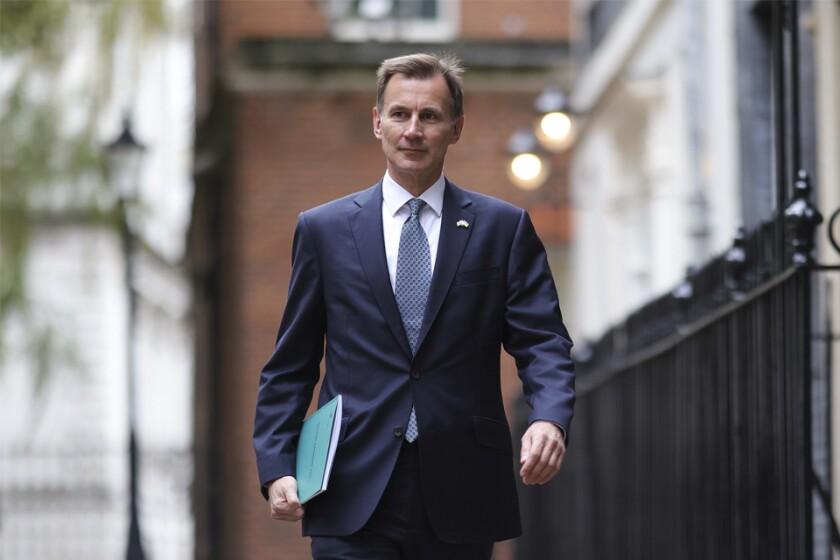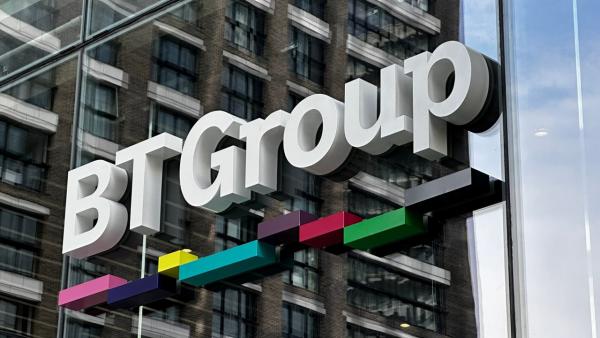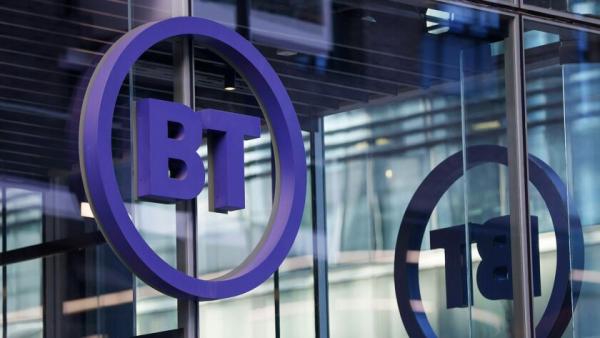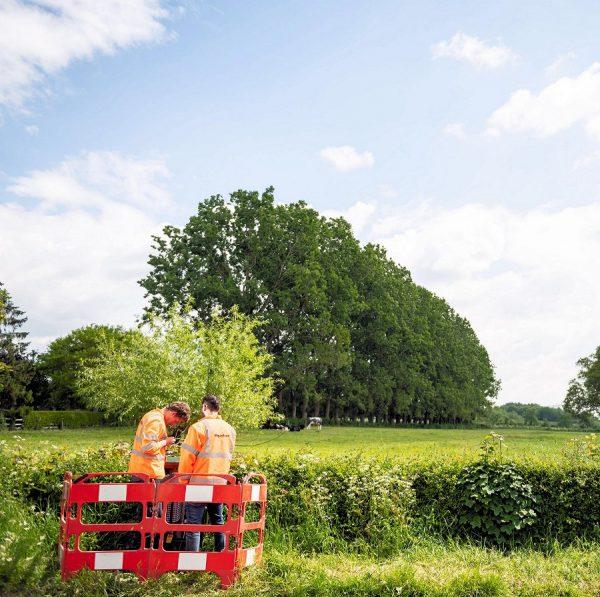Written by Jack Haddon

This years Autumn statement was watched closely by the UK telecoms industry.
Philip Jansen, the outgoing BT Group CEO, called for Chancellor Jeremy Hunt to extend the “full expensing” tax policy that Jansen claimed helped BT increase its fibre rollout by 5 million homes and increase investment by £300 million a year.
Full expensing is a capital allowance scheme, that allows companies to fully deduct the “plant and machinery”, or the equipment and tools that keep their business running, from their taxable profits.
Jansen said that putting these measures in place long-term would give businesses like BT, that require significant capex investment to monetise new opportunities, to invest with more security.
Jansen’s calls were answered by Hunt, who has extended the policy permanently.
Sustainability should be incentivised
Darren Pearce, CEO of one of BT Group’s vendors and partners that provide the company with second life telecom equipment told Capacity he believes that the UK government needs to incentivise British companies, and particularly telcos, with tax incentives based on sustainable practices as well.
“While incentives and funding to support the expansion of connectivity in the UK will always be welcome, the Government must consider policies that ensure our networks are built with sustainability front-of-mind,” Pearce said.
Pearce believes we are currently undergoing a once-in-a-generation network evolution that is seeing older technologies in both fixed and mobile networks rapidly replaced by future-ready 5G and fibre.
As things stand, there is no requirement for operators to do this sustainably.”
Pearce encouraged the government to consider a holistic strategy that means replacing network technology and building more fibre is done “through a circular economy lens, not just incentivising more shovels in the ground”.









